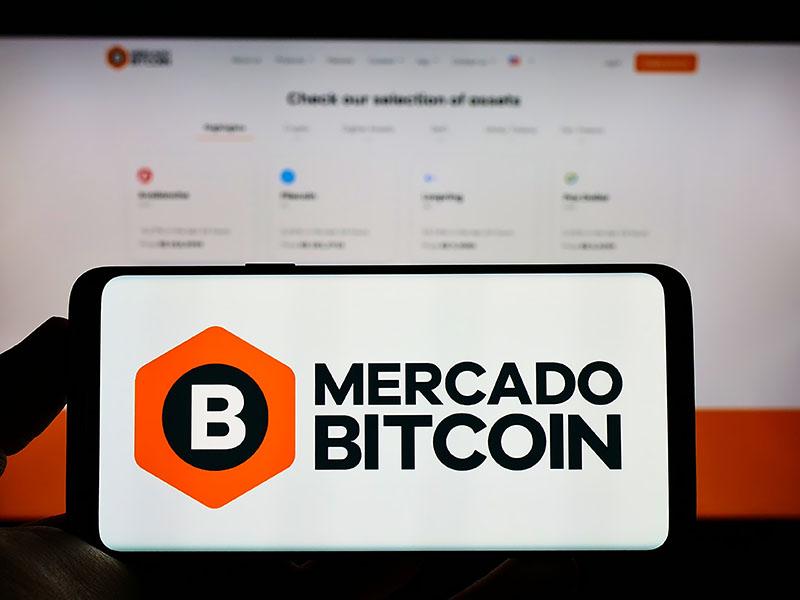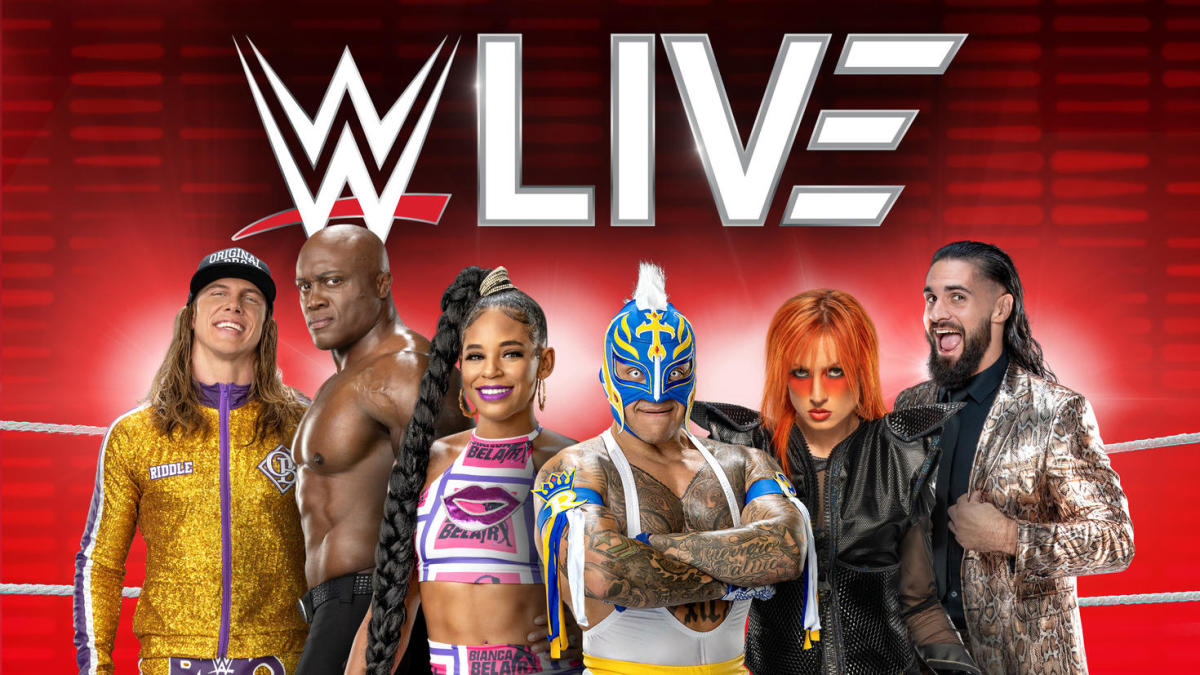[ad_1]
If you should ever want to do a world tour following the best street art and murals, Mexico City will have to be on your itinerary. With artworks on virtually every corner, the city is a have of street art. A great guide to the plethora of artworks would be the project, The Art of Dressing to Match by Mexican fashion designer Melania Chavarría. It has become hugely popular and caused quite a stir on Instagram (@ matching.melania). Melania poses in bright, colourful outfits in areas around Mexico City. Most of the backgrounds are murals made by urban artists.
Melania was born and raised in Mexico City into a family dedicated to architecture. Her dad has a construction firm so she literally grew up surrounded by a language that shaped her interest into the city’s profile, as well as other expressions defining it such as design, arts and culture. Ever since she was little, she had liked fashion. Her mom would buy magazines so she started looking at them and admiring the power and possibilities of design, especially through the images created for ad campaigns and editorials. She remembers starting to explore fashion trends on my own self from a very young age. “My family was always supportive on that, they even encouraged me to express freely and not to care about what people thought of the way I looked or dressed, that was very important to me and I think that you can see that learning process manifested into everything I do today.” Choosing to study fashion design was a very natural decision for her. “I think there’s a clear link between fashion and architecture, they have a familiar language, I feel that fashion is my own version of building, not around the city but over the body.”
We had a chat with her about the Matching Melania project.
What made you decide to do this? What is the idea behind your unusual project?
I truly believe that this project is the evolution of a personal need of finding my own creative voice as a fashion designer. Ever since I started in fashion I knew that I couldn´t imitate anyone else, so I had to build my own language. Also I realized that I needed to have a creative motto, an extra reason to produce clothing than that of creating ‘just because’. That’s when I started exploring on my own self, playing dress up at home and taking photos as a diary. I wanted to explore different aesthetics and trends mixed with my personal interests in Mexican culture and traditions, so I literally started shooting at home and using basic backgrounds but eventually I got bored of them. That led me to search for something else, so I started walking around my neighborhood to find other options and that’s how I found street art. Now everybody takes photos with it but I remember that when I started it still was very rare for people to see me interacting with it, I was even followed by the police sometimes because they didn’t get what I was doing. After a while I started sharing it all on Instagram with no further intentions than sharing it with friends and family, I didn’t even tag the artists because I thought that they wouldn’t like what I was doing but I was surprised to find that they even wanted me to take more photos with their work and shockingly people started following my creative journey too.
How do you choose each place? Do you do recce trips around the city?
I walk a lot! Many people will tell you that Mexico City was not precisely designed to walk, but I refuse to believe that. That is the only way to discover new expressions around the many neighborhoods we have, because they’re all different. Unfortunately we have many socioeconomic differences, but I decided to use that in a positive way, to turn that around and challenge myself to be able to find inspiration and links between me and all those kinds of living and their expressions.
How do you come up with the right clothes to match each background?
Every match has its own challenge and creative process, some are easier and others take lots of time. I would say that right now it’s not only about clothes, cause I have to imagine and consider all possibilities from lighting and proportions, to color variations or perspectives. After that, I try to select all clothes and accessories that could work but if I don’t have anything similar to what I’m interested on matching I have to produce it from scratch. Also I do lots of clothing customization, sometimes I buy basic clothes and experiment with stitching, embroidering, cutting or layering…I would say that creativity is the answer to finding the right outfit for each background.
Could you walk us through the process of choosing a background and then creating or buying the clothes to fit the background?
It’s a bit of everything. Originally fashion was my starting point. I have always been interested in trend forecasting so it was very exciting to find the natural connection between a color or print trend and then finding it in art, whether it was a mural or an artwork. But surprisingly, artists liked my work and started contacting me, now they even share their creative and working processes with me so I can start working on clothes to match their murals. Nowadays I do many different processes, sometimes I look for a place to match a specific outfit, also I can start from a concept especially when there’s a festivity or mexican tradition, and some others I find a mural that I create clothes for.
Tell us more about the kind of street art and murals in Mexico you have highlighted through your work.
Muralism has been fundamental for my work. I believe that Mexican muralism is one of the most unique around the world, we have a very important heritage and tradition that started with big names such as David Alfaro Siquieros or Diego Rivera, just to name a few. Since then, the idea of muralism in Mexico was not only to express oneself, but most importantly to educate and communicate to people. We have more than 60 indigenous languages, so painting in this format and proportion has been incredibly important to build and strengthen our identity. We are a very visual culture so I like to continue that tradition in a contemporary way, by choosing murals that express our identity but not only through the obvious or the cliches, I like to show the many different messages and personalities that Mexican muralists have. And I believe that it is through my matching that I feel I’m reinforcing their messages, that is why I’m always very respectful with their vision as I’m aware that it’s not only a drawing, every mural tells a story or has a message to give, so I try to highlight it with a proper pose, attitude and outfit. I’m aware of how important it is for our culture, it has defined our past, present and future, so from the very beginning I took this job seriously. I believe that muralism has given me the chance to think outside the box, to explore a very unique way of dressing, where I’m able to forget about the superficial side of fashion, that of only looking good or wearing what is considered acceptable, to concentrate on more important matters such as the message that a mural is willing to express.
What kind of backgrounds do you look for?
I have no limits when it comes to backgrounds. I like the creative challenge of following the new and very different expressions without losing my own identity or sacrificing my fashion style. I have tried all kinds of techniques of Street art, I believe that it makes me grow as a designer and encourages me to appreciate art to a deeper level.
Looking back on the project and places, where are some places that your project has taken you? Which has been the most memorable or impressionable? Why?
I’m very surprised about the echo that this project has had and how supportive have people been with it. Unfortunately because of the pandemic I wasn’t able to travel to other places and had to stop some projects, but we are already looking for the perfect time to make them work. I have many good memories, but some of my favorite include a collaboration with Airbnb for a visit to El Nido de Quetzalcoatl created by mexican architect Javier Senosiain, representative of organic architecture, it was a dream come true to spend some days there creating lots of matching outfits for it. Also I got to travel to Oaxaca, where a tour company named Las Bugambilias created a special streetart tour for me. They took me all around the city and surrounding places to look up for murals to match them, it was a very original way of traveling and getting close to the local culture.
What aspects of Mexico City have influenced you in the project Matching Melania?
Every single one! I’ve always adored the complexity and even chaotic profile of Mexico City, which many Mexicans actually hate. It has always been a personal matter to understand and be proud of the place where I grow up. Even before having this project on Instagram I worked on the idea of creating clothing that represented the real essence of Mexico City. My first and graduate collection was called ‘Ciudad de México 11000’, as a reference to the zip code where I grew up. That collection told the architectural story and evolution of the city through clothing all of which were translated into a mix of fabrics, textures and materials. I might be doing it now in a different way with art and photography, but the influence has always been there, as Mexico City is so unique, diverse and evolving.
Could you tell prospective visitors to Mexico City where to go if they want to go on a mural and street art trail?
Mexico City is enormous, even I am still discovering new places thanks to Street art. Actually lots of travelers write to me to know where to go, so I always try to share locations and lots of info about each mural I post. I’d recommend visitors to use Instagram or other social media platforms to find that kind of art. There are some accounts sharing all kinds of Street art expressions or they could find them through hashtags like #streetartmexico / #streetartchilango
What kind of responses do you receive from people all across the world? Can you share any message from your followers inspired by your work, which you hold close to your heart?
It has been incredibly beautiful and emotional to find out the way that people connect with what I do! I truly never imagined that someone would find it special, but to my surprise I receive lots of messages from people in other countries, telling me how emotionally positive it is for them to see all of these colors I work with, specially those from countries who have extreme weather. They literally thank me for it, and to be honest that has been one of the most important reasons why I keep doing it, sometimes I have many other things to do but I still keep on doing efforts to produce content because I know that it might cheer someone up.
Also I’ve received very touching messages from people of all genders, ages and countries telling me how much they’ve changed their ideas about Street art and even fashion. But only that, many share with me photos of them, their kids or even their pets, where they are trying to match. Now there are even many new accounts of people creating their own versions of matching and that has been extremely beautiful to experience! I never imagined that I could serve as inspiration for others.
Are you planning to explore beyond the walls of Mexico to continue your project?
Totally! That definitely is my next goal, I want to take this project to the next level! Unfortunately these past years due to the pandemic it was really difficult to make it work, but I’m really looking forward to it. Actually one of my first street art encounters was not in Mexico, but in Belgium. I studied fashion in Antwerp and used to live in front of a mural, that was one of my first attempts to match. I know there are many great artists around the world, many of whom write to tell me to take photos with their murals if I ever visit their countries. So I have a long list of countries, from the iconic streets of New York to Berlin or Argentina and many more.
[ad_2]
Source link















